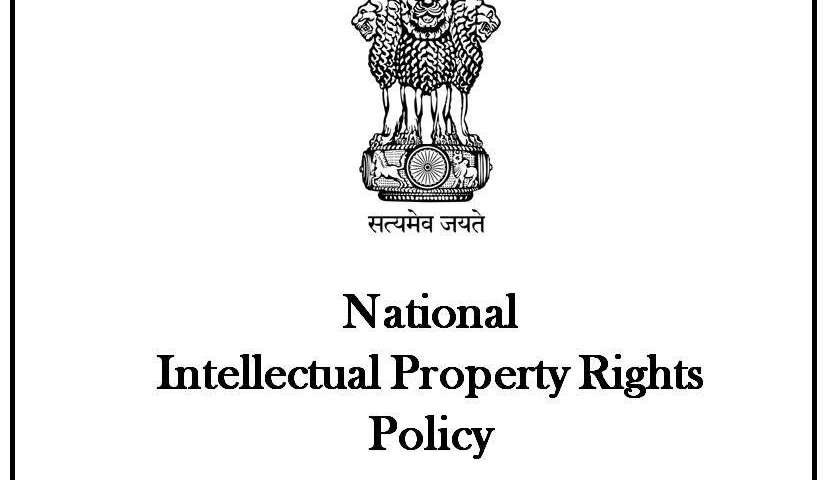The District Court of the Northern District of California held last week that Google's use of 37 Java APIs of Oracle does not give rise to copyright infringement liability because it is fair use. On remand from the Federal Circuit, in a Jury trial, Google's use of Java APIs and around eleven thousand lines of code was held to be fair use as it is meant to promote inter-operability and compatibility between programs. You may read our earlier post for…









